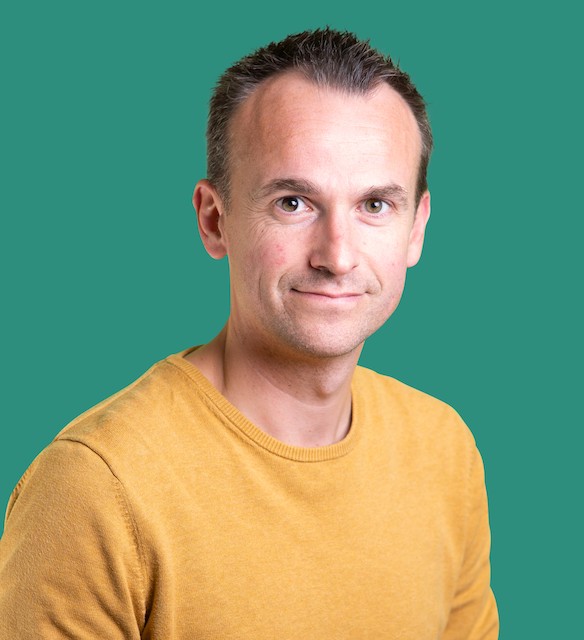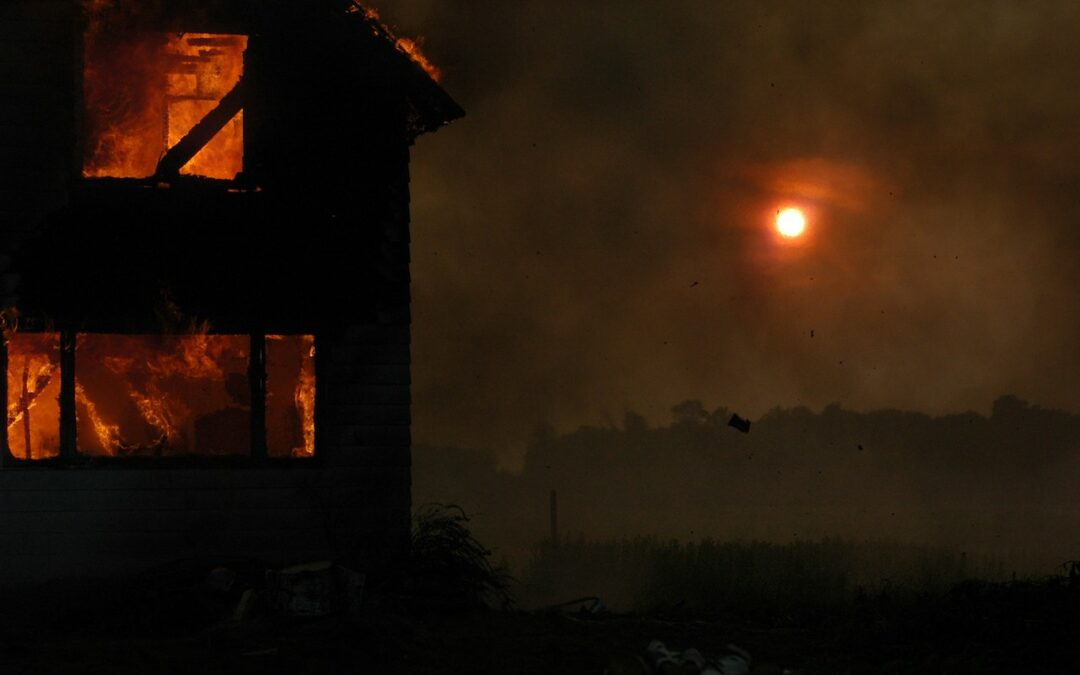Is changing our perspective of patients the place to start?
At the first-ever Environmental Physiotherapy Festival 2023, I led a session on redefining the concept of the patient in physiotherapy, summarising key points from my October blog on Moving Earth (Gevers, 2023). The central theme was that the patient might be the most taken-for-granted concept of Western medicine and healthcare. After the presentation, a discussion brought out three pertinent issues: Firstly, questioning the definition of a patient challenges our understanding of healthcare. Secondly, altering our perspective on patients could reshape the profession of physiotherapy. Lastly, applying a new viewpoint in physiotherapy may contribute to addressing broader societal and environmental crises. This blog tries to outline each of these points, building on what I have recently written.
Will there be healthcare in the future?
One question that arose after my presentation was: If the patient is different from our current perception, will healthcare still exist as we adopt and implement this perspective? It’s an interesting question with no easy answer. While healthcare will change, it will likely always be there in one form or another, given the inevitability of people being sick. The organization of healthcare and our broader understanding of health and well-being in life, however, should undergo significant transformations when patients are viewed as actor-networks within themselves and within other actor-networks.
Seeing patients as actor-networks implies that we have to be aware of the entire network, its actants, relations, and dynamic processes of change, moving beyond isolating health issues to considering the broader perspective. Isn’t this also the meaning of really being a healthcare professional? Thinking about a patient in a much wider perspective? Where does the patient begin, and where do they end? Following Bruno Latour’s ANT implies that the boundaries of a patient are fluid and ever-changing (Latour, 2005). This goes beyond just focusing on the brain or the heart; instead, starting from a network perspective calls for a broader view of well-being, encompassing social and environmental determinants, things, institutions, ideas, and so much more. The patient, understood as a network, would signify an ongoing conglomeration and reorganization of all these factors at which the efforts of healthcare could be directed.

Ton Gevers (PT)
Regional manager at B-Fysic physiotherapy, Student in practical philosophy, and member of EcoFysio
Ton Gevers is a student of practical philosophy at Hogeschool voor Toegepaste Filosofie in Utrecht (BA). He lives in Eindhoven with Angela and their daughter Stella. Formerly worked as a sports physiotherapist, currently, he is a regional manager at a large clinic, B-Fysic Fysiotherapie en Ergotherapie, in the Netherlands. As a member of EcoFysio, through practical philosophy, he advocates for a broader perspective on our profession to transform physiotherapy into a more sustainable profession, benefitting patients, professionals, and the environment.

Photo by Maria Teneva on Unsplash
Health, wellbeing and the social determinants
Physiotherapists, being very practical professionals, are quick to inquire about practical applications in their clinic the next day, when they encounter something that they find interesting and new. However, the essence of viewing patients as actor networks suggests a shift from treating them solely within the clinic. The field of physiotherapy must undergo a radical transformation, both in its current state and location of practice.
Examples of environmental physiotherapy are already there and increasingly beginning to emerge. One participant in the session is actively exploring influencing environmental determinants in more direct ways, such as improving green spaces or air quality in their neighborhood. Could this point to future practices of physiotherapy? Another colleague suggested engaging with the city council to enhance local pavements, preventing falls, and facilitating better movement. Various approaches to rehabilitation in natural settings are also increasingly emerging (Busk et. al, 2023).
The burning house
Physiotherapy, though facing significant stress and challenges within the profession itself, be it our position in healthcare or colleagues leaving the profession early, remains hesitant to embrace essential changes for the 21st century. Despite the urgent need for transformation in global, social, and ecological issues affecting health, physiotherapists find themselves stuck in outdated frameworks (Nicholls, 2017).
Reasons for this reluctance to change might range from ingrained habits to the influences of consumerism and capitalism (Latour, 2017). During the discussion, the issue of cognitive dissonance and its potential origin in the awareness of the need for change without simultaneously seeing a clear starting point for change. Bruno Latour uses the metaphor of a burning house in an attempt to prompt us out of this state:
“If someone tells you your house is on fire, whatever your indolence, your psychology, or your ancestry, you are going to rush outdoors, and the last thing you’ll be inclined to do as you dash down the stairs is to stop on the landing to quibble about whether the firefighters who are setting up their big ladder are really firefighters and if they are 90 percent or 95 percent likely to get you out safely (Latour, 2017).”
So why don’t we think about how to change physiotherapy and then shoot into physio action mode, as we would normally do?
References
Header image by Jen Theodore on Unsplash
Busk, H. A. (2023, 55 2). Exercise-based rehabilitation in and with Nature. A Scoping Review Mapping Available Interventions. Annals of Medicine.
Gevers, T. (2023, October 12). Have we ever treated patients yet? Actor-network theory and the changing patient in. achanging world. Moving Earth: The Environmental Physiotherapy Association blog. https://environmentalphysio.com/2023/10/12/have-we-ever-treated-patients-yet-actor-network-theory-and-the-changing-patient-in-a-changing-world/
Latour, B. (2005). Reassembling the Social. Oxford: Oxford University Press.
Latour, B. (2017). Facing Gaia; eight lectures on the new climate regime. John Wiley and Sons.
Nicholls, D. A. (2017). The End of Physiotherapy. Routledge.

